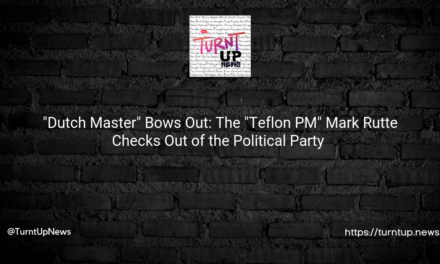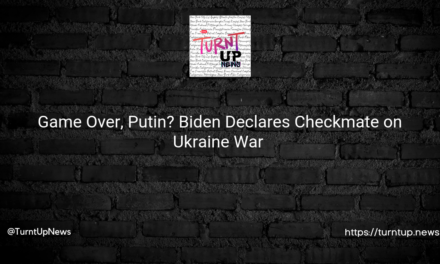🔥🌍 Putin’s Charm Offensive at Russia-Africa Summit: Food, War, and Geopolitical Ambitions 🌍🔥
TL;DR: African leaders are gathering in St. Petersburg for the second Russia-Africa Summit, and President Vladimir Putin is pulling out all the stops to strengthen Moscow’s position in the continent. While the war in Ukraine remains a prominent concern, the recent withdrawal of Russia from an international grain deal has sparked tensions about food security. Putin’s move to replace Ukrainian grain with Russian produce “free of charge” has raised eyebrows. However, with fewer African leaders attending this summit compared to the last one, questions arise about the West’s interference and Russia’s intentions. The summit aims to address food and fertilizers’ availability while exploring partnerships and geopolitical aspirations. The Wagner Group’s mutiny also casts shadows on Russia’s influence in Africa, and African leaders are striving to find resolutions to the Ukraine war while asserting their own strategic significance. Despite grand pledges in the first summit, Russia’s investment and trade with Africa remain limited. So, what does Putin’s charm offensive mean for Africa, and how will the continent navigate its growing importance in global affairs?
As African leaders convene at the Russia-Africa Summit in St. Petersburg, the stakes are high and the issues pressing. Food security, a major concern for many African nations, has taken center stage following Russia’s withdrawal from an international grain deal. The deal, brokered by the UN and Turkey to ensure agricultural goods’ safe passage through Ukrainian ports despite the war, helped stabilize food prices for many nations. Russia’s decision to exit the deal and its subsequent strikes on port infrastructure have left African leaders unnerved.
President Putin’s promise to replace Ukrainian grain with Russian produce “free of charge” raises questions about intentions and long-term implications. Is this a genuine act of assistance, or does it come with strings attached?
Moreover, the Wagner Group’s recent mutiny has complicated Russia’s position in Africa. Wagner, once seen as a key tool to expand Russia’s influence, now faces uncertainties about its future role. As African countries grapple with the ongoing war in Ukraine, they seek resolutions and assert their strategic importance. Will African leaders successfully mediate and find a path to peace in Ukraine, or will their efforts be in vain?
Amidst growing competition between Russia and the United States, African stakeholders are increasingly aware of their potential influence on the global stage. They aim to diversify their economic and political relationships strategically, seeking tangible results beyond mere pledges. Is Africa truly becoming a kingmaker, and how will it navigate the geopolitical landscape?
At the heart of Russia’s strategy in rallying African support is a narrative of countering “new colonialism imposed by the West.” But while Moscow’s geostrategic aspirations grow, its investments in Africa remain limited. Promised trade boosts have yet to materialize, and Russia’s share of foreign direct investment in Africa is minimal. What does this mean for Africa’s perceived importance to Russia, and is Russia truly living up to its promises?
As the summit unfolds, questions abound. Will Putin’s charm offensive strengthen Russia’s position in Africa, or will it be seen as mere grandstanding? What role will African leaders play in shaping the continent’s future in global affairs, and will they succeed in finding solutions to pressing issues like food security and the Ukraine war?
The Russia-Africa Summit may be a turning point for Africa’s place on the world stage, but the journey ahead remains uncertain. What does the future hold for the continent’s evolving relationship with Russia, and how will it impact Africa’s standing in the world?
🤔 What are your thoughts on Putin’s charm offensive and Russia’s growing involvement in Africa? Join the discussion and share your perspectives on the continent’s evolving geopolitical landscape. 💬🌍





